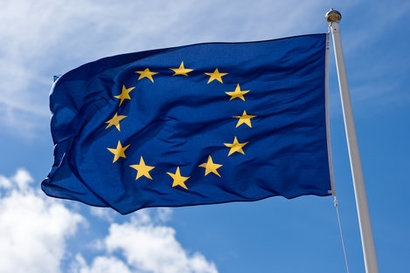
The vote on the EU Renewable Energy Directive, the Energy Efficiency Directive and the Governance Regulation, held Tuesday 16th January, implements a flexible target for renewable energy and energy efficiency to 2030, accompanied by a sound governance framework to guarantee target delivery. This will enable the European Union to fulfil its climate energy objectives and support the deployment of geothermal energy.
EGEC said that, in its opinion, the vote has shown the European Parliament to be ambitious and consistent with the objectives of the Paris Agreement, given that the text adopted by the vote proposes a strong framework providing the necessary investment certainty and security for investors in renewable energy projects.
The organization believes this is a key provision to allow a robust, innovative and competitive European geothermal industry and may eventually lead to the development of an industrial strategy in which the geothermal sector contributes to the European energy transition.
The European Parliament also built on the European Commission’s proposal for the decarbonisation of the heating and cooling sector, setting ambitious objectives for the mainstreaming of renewable technologies. The adopted text does not set a binding measure, compensating with a reporting obligation.
Although they differ on the ambition level displayed, the European Council and the European Parliament both recognise geothermal energy’s role in the European energy transition. Provisions supporting geothermal technologies as a solution for the decarbonisation of the heating and cooling sector, in district heating, services or industry uses, or as the most efficient type of heat pumps, are in line with the needs of the sector.
“Trialogue must now align to the highest bidder, the Parliament, if the EU is ever to be World leader on renewables,” said Philippe Dumas, EGEC Secretary General. “These positive messages to investors, consistent across Commission, Council and Parliament, must now be acted upon. The upcoming review of the State Aid Guidelines on energy and environment and those on innovation must be aligned with the texts of the Clean Energy Package."
Dumas added that the Electricity Market Design should reflect the Renewable Directive’s acknowledgement of differences between renewable energy sources and technology. This means setting the relevant framework for the deployment of flexible renewable generation, such as geothermal electricity, which could provide extensive system benefits.
For additional information:

